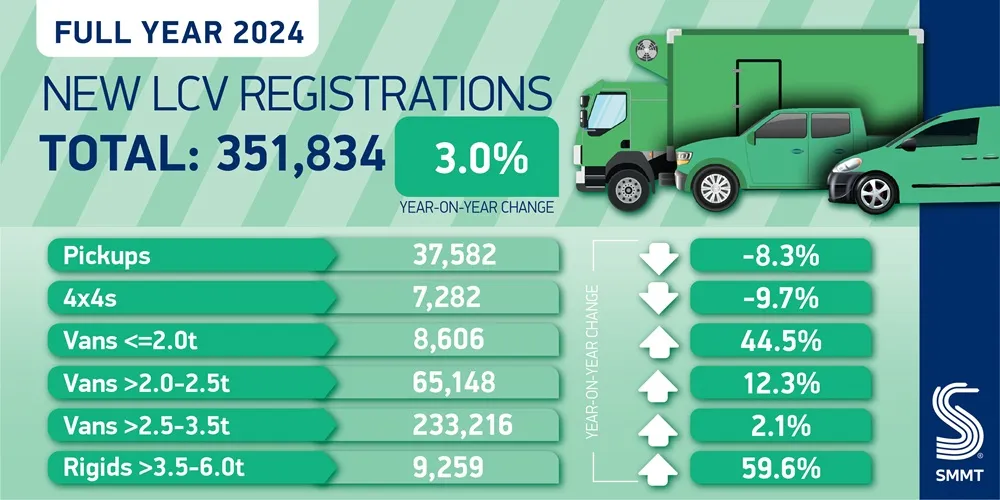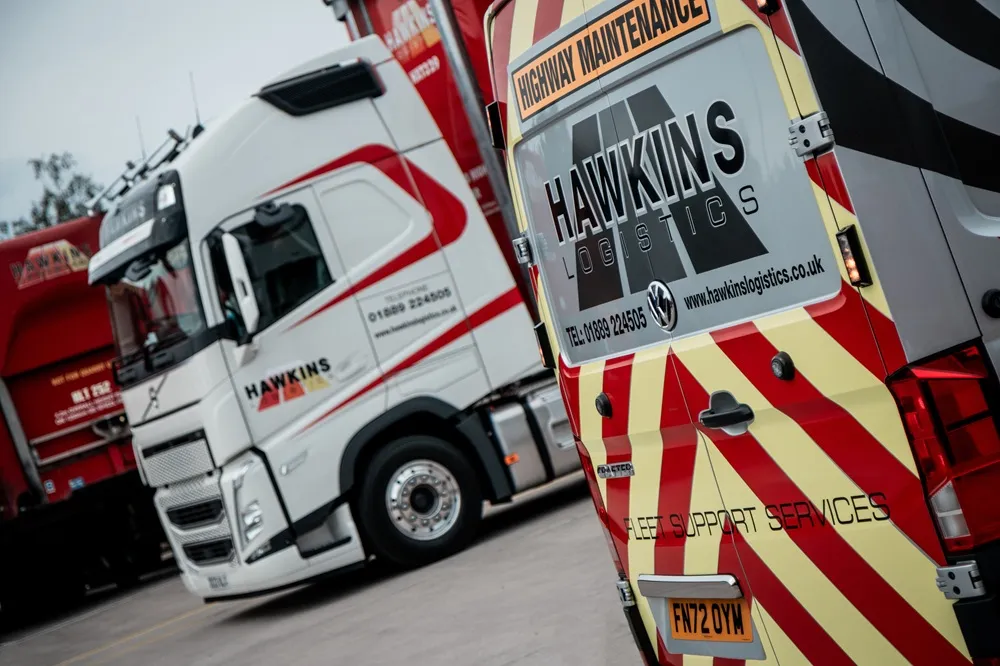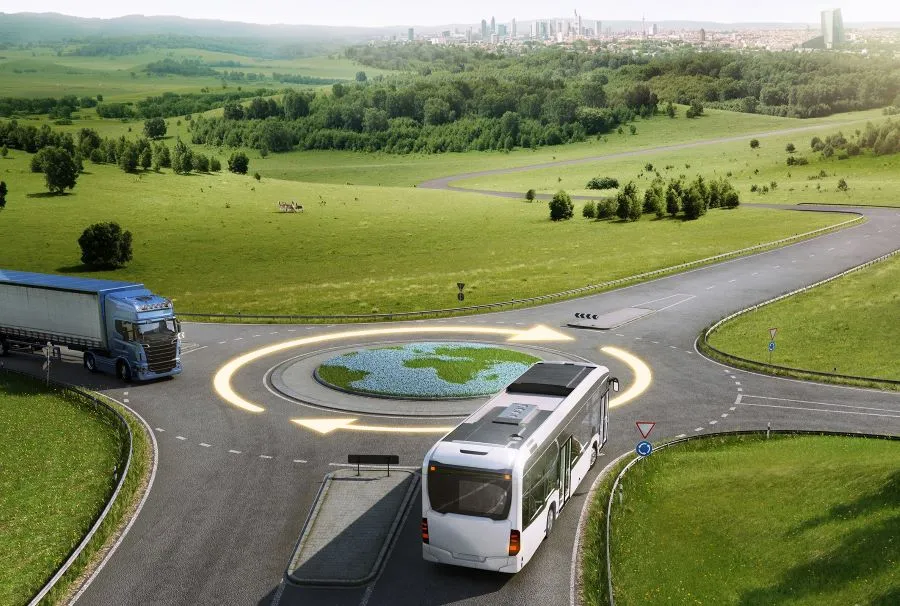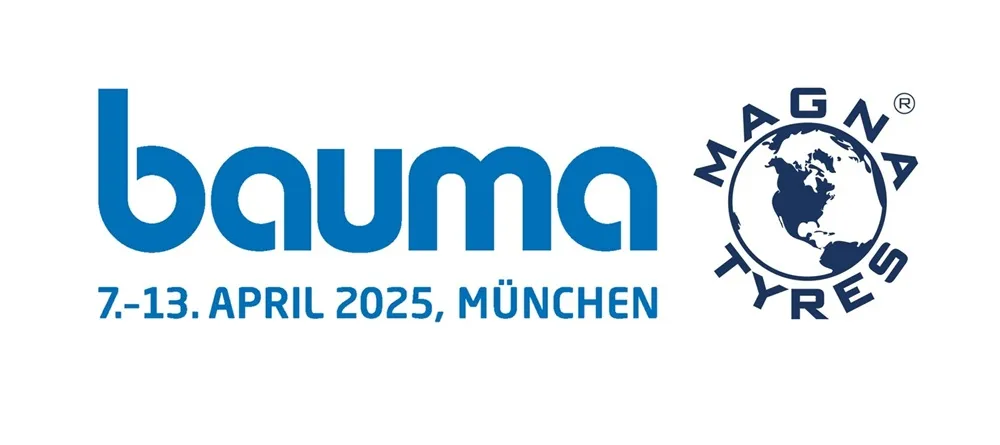UK light commercial vehicle registrations rose in 2024, according to the SMMT report, driven by higher van demand but fewer 4x4s and pickups as tax changes loom. EV uptake stalled despite more zero-emission models, highlighting the need for regulatory reforms.
Electric Van Demand Static in 2024 Despite Biggest Overall Market in Three Years
Summary:
- Number of new light commercial vehicles joining UK roads is up 3.0% to 351,834 units in 2024.
- More demand for new vans, but fewer 4x4s and pick-ups registered as the double-cab tax hike looms.
- 2024 EV share static at 6.3% despite a near 20% uplift in the choice of zero-emission models.
- A review of regulation must urgently reflect van-specific barriers to growing EV uptake.
Reporting on a Robust December
The UK’s new light commercial vehicle (LCV) market rose by 3.0% to surpass 350,000 registrations in 2024, according to the latest figures published today by the Society of Motor Manufacturers and Traders (SMMT). A robust December with 27,221 new LCVs registered rounded off 351,834 new vans, pick-ups and 4x4s across the year – making 2024 the best year of fleet renewal since 2021.
Demand grew in every van weight class last year, with uptake of the largest vans up 2.1% to represent 66.3% of the market. New registrations of medium and small-sized vans also grew, up 12.3% and 44.5% to 65,148 units and 8,606 units, respectively. Deliveries of new 4x4s declined by -9.7% to 7,282 units compared with a strong 2023 performance, with volumes naturally fluctuating in smaller-volume sectors.
A cause for serious concern, as reported by SMMT, however, is the -8.3% drop in new pick-up registrations to 37,582 units – a volume which could fall significantly further in 2025 following the government’s decision to tax double-cabs as cars for benefit in kind and capital allowances purposes from April this year.
Key businesses that depend on these vehicles, from farming and construction to utilities and sole traders, will face considerable additional costs and could hold off investing. As a result, more polluting vehicles are kept on the road, and tax revenues are reduced counterproductively.
Persistence in the BEV Sector
The battery electric van (BEV) sector also had a challenging investment environment. While new BEV registration volumes rose by 3.3% to 22,155 units, the overall market share was 6.3%, as in 2023. Such incremental growth in uptake in the first year of the UK’s ambitious Zero Emission Vehicle Mandate reflects the immense challenge ahead to accelerate the decarbonisation of light commercial vehicles.
The SMMT report also stated that vast manufacturer investment means UK operators had 33 different zero-emission van models to choose from last year, more than half (52.4%) of all new models available, with an EV for every business need.4 The breadth of choice is in stark contrast, however, with the paucity of van-dedicated public chargepoints, undermining fleet confidence in the commercial viability of going electric.
With uptake remaining significantly short of the 10% target for 2024 set by the government’s Zero Emission Vehicle Mandate, even if, as the industry expects, demand rises by more than 85% in 2025, the UK’s BEV share would reach just 10.6% – a significant distance off the 16% required this year.
With market demand for BEVs far below expectations when the mandate was designed, the government must fast-track the review and ensure the regulation reflects market realities, barriers, and the support necessary to drive such growth. Indeed, ambitious regulation must come with equally ambitious incentives and infrastructure rollout. Otherwise, investment, model choice, growth, and decarbonisation will be compromised.
Good News With Van Manufacturers
Mike Hawes, SMMT’s Chief Executive, said, “Vans, 4x4s, and pick-ups keep businesses everywhere on the move, making this sector a barometer of the UK economy. The best overall volume in three years, therefore, is good news for van makers striving to deliver abundant and competitive EV choice.”
“Buyer confidence, however, will inevitably be undermined when charging infrastructure does not meet the needs of fleet operations. A review of EV regulation is crucial, therefore, to reflect current market realities and ensure ambitions are deliverable, without any negative and costly consequences.”








